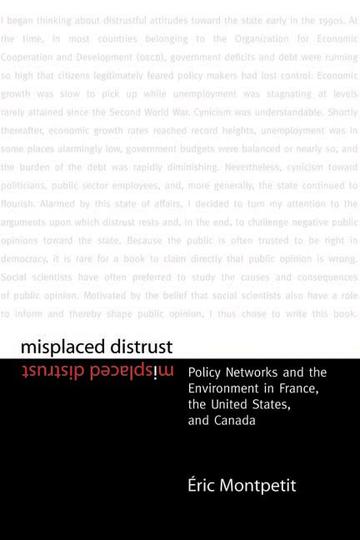About BC Books Online
BC Books Online was created for anyone interested in BC-published books, and with librarians especially in mind. We'd like to make it easy for library staff to learn about books from BC publishers - both new releases and backlist titles - so you can inform your patrons and keep your collections up to date.
Our site features print books and ebooks - both new releases and backlist titles - all of which are available to order through regular trade channels. Browse our subject categories to find books of interest or create and export lists by category to cross-reference with your library's current collection.
A quick tip: When reviewing the "Browse by Category" listings, please note that these are based on standardized BISAC Subject Codes supplied by the books' publishers. You will find additional selections, grouped by theme or region, in our "BC Reading Lists."
Citizens of industrialized countries largely share a sense that national and international governance is inadequate, believing not only that public authorities are incapable of making the right policy decisions, but also that the entire network of state and civil society actors responsible for the discussion, negotiation, and implementation of policy choices is untrustworthy. Using agro-environmental policy development in France, the United States, and Canada as case studies, Éric Montpetit sets out to investigate the validity of this distrust through careful attention to the performance of the relevant policy networks. He concludes that distrust in policy networks is, for the most part, misplaced because high levels of performance by policy networks are more common than many political analysts and citizens expect.
Éric Montpetit is with the Département de science politique at the Université de Montréal.
- Winner, Lynton Keith Caldwell Prize, American Political Science STEP Award
- Short-listed, Donner Prize, Donner Foundation
This book is a welcome addition to the environmental policy literature, primarily because it addresses an important gap in our understanding of the relationship among agricultural practices, environmental protection, and public policy. Misplaced Distrust contains a valuable discussion of how France, the United States, and Canada have developed policies to control the negative impacts of agricultural practices on the ecosystem. Perhaps this investigation will inspire other political scientists to conduct additional comparative research in this important policy area.



